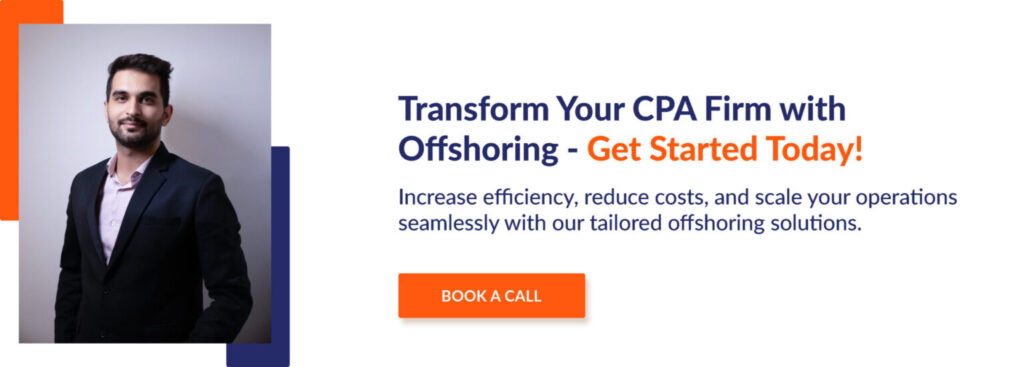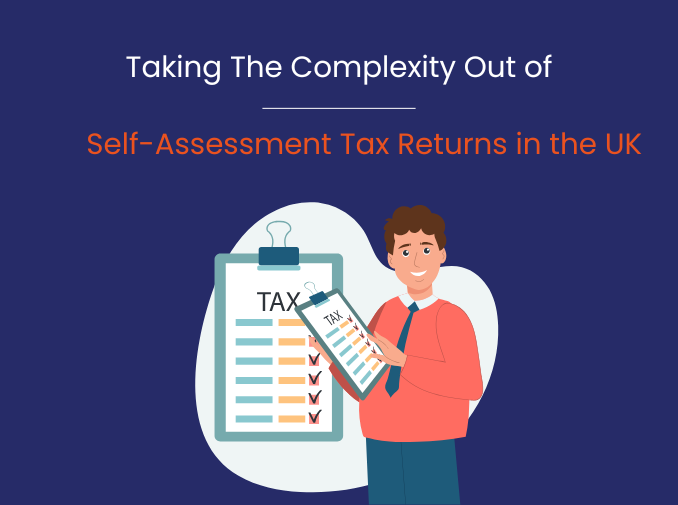For self-employed individuals across the UK, 31 January marks an important date in the tax calendar. However, there are several other Self-Assessment deadlines that are equally significant. Missing out could mean automatic penalties, late payment charges, and mounting interest. So, if you are a freelance content creator in Dover, a sole trader running a pub in Manchester, or an independent entrepreneur with multiple income streams, if you make more than £1,000 during a tax year, Self-Assessment should be your yearly checkpoint.
Unlike employees under the PAYE system who depend on their employers to take charge of their tax reporting, self-employed professionals are wholly responsible for declaring income, calculating taxes owed, and submitting everything accurately and on time with HMRC.
To get started, let’s look at some important dates in the tax calendar to bear for self-assessors.
| Date | Task Deadline |
|---|---|
| 5th October | Registering for Self-Assessment |
| 31st October | Filing a paper tax return |
| 30th December | Letting HMRC know to collect payments through PAYE |
| 31st January | Filing your return online |
| Paying your bill | |
| First payment on account | |
| 31st July | Second payment on account |
1. Registering for Self-Assessment: Deadline 5 October
For people with Employment or Pension Income, tax is usually deducted automatically. People and businesses with other Income must report it in a Self-Assessment Tax Return. Registering for Self-Assessment is mandatory for the following individuals during their first year of operation:
- Self-employed professionals as a sole trader
- Partners in a business partnership
- Individuals with Capital Gains Tax obligations
- Individuals liable for the High-Income Child Benefit Charge
Once registered, the process does not apply for the proceeding year/s. To register successfully, professionals must inform HMRC by 5 October – following the end of the tax year. To understand the dates a bit better, let’s look at an example:
Solo businessman Alex runs a coffee bistro in London that he started in July 2024. Since he started this venture the previous year, he will have to register with HMRC the following year. In Alex’s case, this would be 2025.
It’s necessary to register for Self-Assessment and receive a Unique Taxpayer Reference (UTR), which is a unique number used to identify your tax records. This UTR is issued automatically once your registration is successfully processed. It’s advisable to apply for a UTR well in advance, as this process can take weeks, especially during peak season.
2. Filing paper tax return deadline: Deadline 31 October
Most professionals prefer filing online via the HMRC website, but paper returns are still an option. For 2024/25, the deadline is 31 October. Paper returns are slower, error-prone, and can’t be processed by software. Even a day’s delay can incur penalties, so relying on postal service, especially in autumn, can be risky.
3. Filing online tax return deadline: Deadline 31 January
The one date to rule them all. Undoubtedly, the most important deadline for Self Assessment is 31 January. For self-employed professionals looking to file their returns online, this deadline marks an important date on their calendar.
As with most deadlines, it’s important to be well ahead of time. The month of January sees huge traffic on gov.uk. In 2024, the number of people filing their tax returns on the last date crossed 600,000. As a result, there was widespread panic and a backlog of returns for HMRC.
Why Timely Filing is Important
Timely filing isn’t just about ticking HMRC’s compliance box; it’s about financial confidence and control. Submitting tax returns well before the deadline offers several benefits:
- Accuracy and thoroughness – Rushed filings are more prone to errors. Early filing gives accountants the chance to double-check every figure.
- Less stress – Clients avoid the panic of last-minute scrambling, while accountants can plan their work without being overloaded.
- Stronger client-accountant relationships – Clients who are prepared and punctual enable accountants to focus on value-added advisory roles instead of firefighting.
- Reputation and trust – Meeting deadlines consistently reflect positively on both the client and the accountant, showing responsibility and professionalism.
- Faster refunds – With HMRC not having to deal with a backlog of returns, taxpayers can expect faster refunds, improving cash flow and financial planning.

What is Payment on Account?
To most self-employed business people, the biggest shock of dealing with their taxes is not necessarily the amount of the tax bill itself. Rather, the big surprise for most is the Payment on Account system. This system has you pay your current year’s tax bill in full but also pay another advance towards next year’s tax bill.
In particular, if you owe more than £1,000 in tax overall, you will typically pay two advance payments separately, about half of your predicted tax owing in January and half in July. This creates more of a cash flow issue, since you’re essentially paying taxes ahead of time for the next year, based on your immediate income and tax guess:
- First payment – 31 January (50% of last year’s tax bill)
- Second payment – 31 July (remaining 50%)
This often surprises first-time filers. For instance, if your 2024/25 tax bill is £4,000, you’ll pay:
- £4,000 (for 2024/25)
- £2,000 (50% of 2024/25, for 2025/26) Total: £6,000 on or before 31 January 2026, the second £2,000 will then be due on 31 July 2026.
Planning for these payments is totally important if you’re going to plan your money wisely. If you don’t take these advance payments into account when you plan your budget, there’s a good chance you’ll run out of cash at the very time you need it most, which would result in skipped payments or financial strain.
Late Filing Penalties:
- 1 day late: £100 fixed penalty
- 3 months late: £10/day fine for up to 90 days (£900 max)
- 6 months late: Additional £300 or 5% of tax due
- 12 months late: Another £300 or 5%, or up to 100% of the tax owed in serious cases of deliberate withholding.
Late Payment Penalties:
- 30 days late: 5% of unpaid tax
- 6 months late: Additional 5%
- 12 months late: Further 5%
Note: To add to the woes, interest on unpaid amounts accumulates daily.
How to Stay Organised as a Self-Assesse
Strategies to Stay Ahead
- Use the services of a tax consultant to help stay ahead of deadlines and stay organised.
- Use cloud accounting tools like Xero, QuickBooks, or FreeAgent
- Categorise expenses monthly to maximise deductions
- Keep digital receipts and invoices
- Set up calendar reminders for all HMRC deadlines
- Review cash flow and save monthly for tax liabilities
The Role of Tax Advisors in Self-Assessment
1. End-to-End Self-Assessment Filing
2. Capture Every Deduction You’re Entitled To
3. Manage Payments on Account & Forecast Future Liabilities
4. Avoid Late Filing Penalties with Real-Time Reminders
5. Expert Support with HMRC Queries or Notices
6. Dedicated Portfolio Manager
Final Thoughts
Staying compliant with HMRC deadlines is not just a task; it’s a fundamental part of running a responsible, profitable business. Failing to track Self-Assessment deadlines can damage your financial health and invite unnecessary penalties.
Self-Assessment season doesn’t have to be stressful. With the right preparation and timely filing, clients gain control over their finances, avoid HMRC penalties, and give themselves room to plan ahead. By staying organised and seeking professional advice if needed, individuals can make this process more manageable and even take advantage of potential refunds or savings.
If you need help staying compliant with HMRC’s Self-Assessment requirements, with AcoBloom, you can experience an effortless and precise self-assessment process that gives you ultimate peace of mind. Our dedicated support, backed by extensive UK accounting expertise, is designed to lift the stress of tax season off your shoulders, ensuring a smooth and hassle-free Self-Assessment experience every time.


